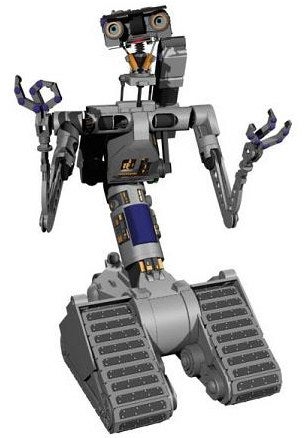“Artificial intelligence will reach human levels by around 2029. Follow that out further to, say, 2045, we will have multiplied the intelligence, the human biological machine intelligence of our civilization a billion-fold.”-Ray Kurzweil
Artificial Intelligence (abbreviated AI) is defined as the ability of a computer or other machine to perform actions thought to require intelligence. Among these actions are logical deduction and inference, creativity, the ability to make decisions based on past experience or insufficient or conflicting information, and the ability to understand spoken language (The Free Dictionary).
The opposing paths for AI? One path tells us that AI is great for humanity and will help us in many ways and solve many problems. The other path leads to an AI that will be the downfall of humanity; where computers could rule over or destroy humans at worst, or cause laziness and kill creativity at best.
AI for a better tomorrow

- Futurist Ray Kurzweil is a huge proponent of AI and does not believe AI will ever outpace human ability. In his belief, AI will be used to enhance humans by merging together. AI will not develop into a separate entity.
- An article on mediuim.com lists several benefits of AI: photo identification, search assistance, driving, and medical simulations.
- Rodney Brooks, Professor of Robotics and co-founder of iRobots, wrote on the further benefits of AI and it’s use in robotics. He is less optimistic for the development of AI to get beyond the level of a lizard in the next 30 years. But on the way, machines with intelligence can help our daily lives.
AI ends humanity

- Elon Musk has stated that, in his belief, “AI can be more dangerous than nukes.” from the 2014 article on The Verge.
- In the same article from Medium, listed above, it lists some of the dangers of AI’s use such as AI’s increased ability to hack and breach digital security. AI can also cause safety risks due to misinterpreted user commands, such as those involved in autonomous vehicles.
- The article in Mashable, from 2013, posits points that humanity would not be able to fully agree on set standards for AI development–regarding safeguards and levels of sentience. Even if there were government laws regarding safe use of AI, that would never stop the nefarious from using AI for “evil purposes.”
I encourage you to read the articles and decide for yourself (whatever your decision, it seems we don’t really need to worry for at least 15-20 years):
-
Is AI safe or should it’s research be limited or avoided in the future?